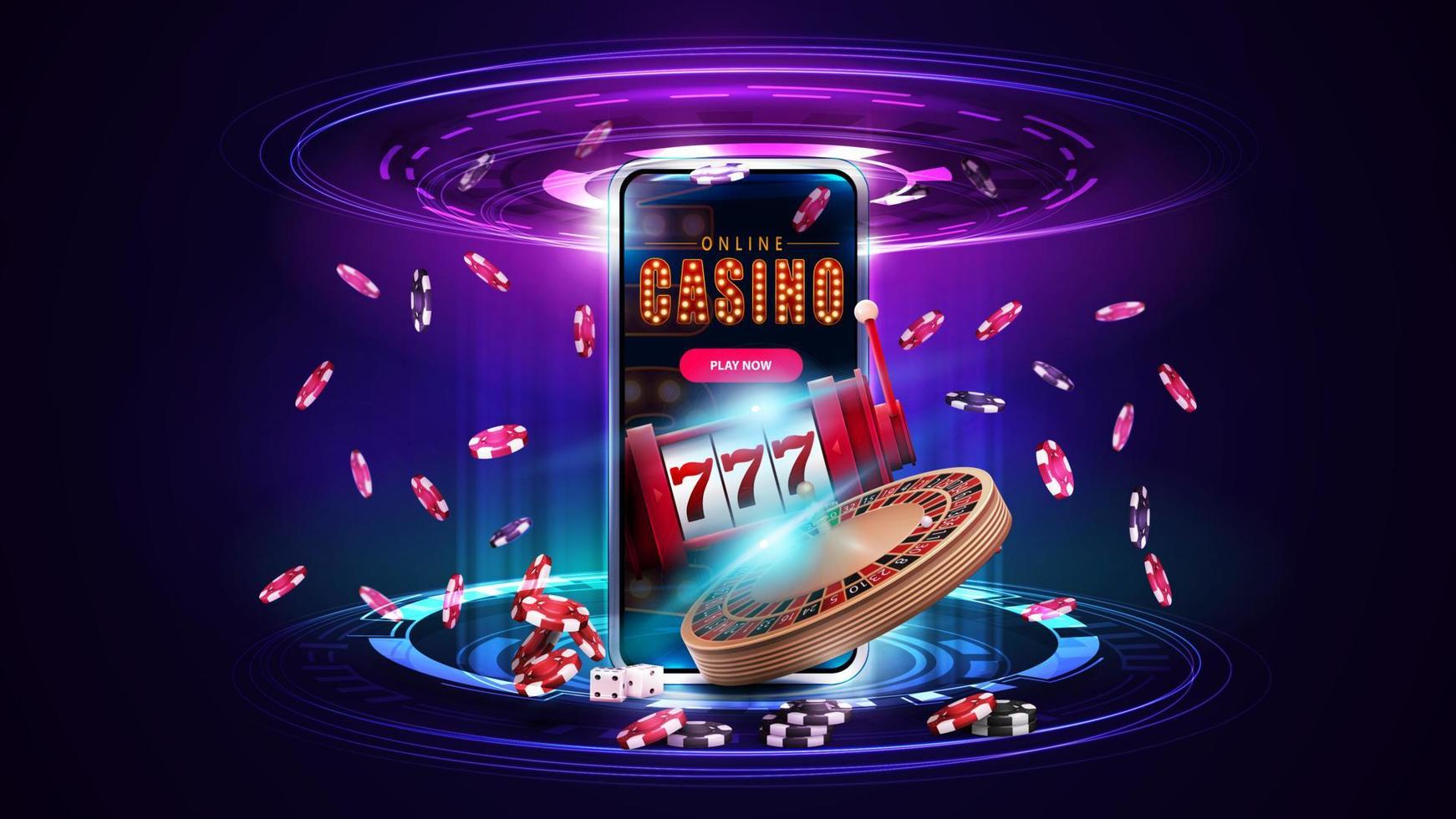In the world of gambling, where chance and strategy converge, a unique tapestry of beliefs unfolds—one that intertwines luck, fate, and the enigmatic nature of casino games. Casinos, bustling with excitement and anticipation, are not just venues for placing bets; they are also arenas in which superstitions thrive. Ranging from the novice player to the seasoned gambler, these mysterious practices often shape how individuals approach the games they play, holding the belief that their actions can influence the outcome in ways that go beyond mere probability.
As players gather around roulette wheels, blackjack tables, and slot machines, the atmosphere is thick with stories of lucky charms, rituals, and codified behavior that defy logic yet provide a sense of comfort. It could be the case that it’s wearing a specific outfit, following a particular sequence of bets, or even avoiding certain numbers, the attachment to various superstitions reflects a deep-rooted desire to control the uncontrollable. This article delves into the captivating world of casino game superstitions, exploring the beliefs that both entertain and mystify those who dare to play. xin88
Historical Origins of Superstitions
Betting activities have long been entwined with an array of superstitions that go back to ancient societies. The origins of these beliefs can be connected to humanity’s innate desire to manage the uncertain outcomes connected with fortune and chance. In ancient civilizations, games of chance were often connected to religious practices. Players would invoke blessings or ask for favor from deities, believing that their actions could influence the odds in their benefit. This basis laid the foundation for the multitude of superstitions that developed as betting evolved over time.
During the medieval age, betting became a common activity across European nations, and with it, a rich tapestry of superstitions emerged. Players adopted different rituals and charms, believing they could influence the outcome of games. The significance of numbers, in particular, started to manifest in superstitions related to card games and dice. The number seven was often considered lucky, while other numbers carried unfortunate connotations. These notions mirrored the social contexts of the time, adapting as they passed through generations and changed to different gaming environments.
As gaming establishments appeared in the seventeenth century, particularly in the Italian peninsula and France, the atmosphere surrounding betting became steeped in mystique. The growing openness of gambling games allowed for the dissemination and growth of superstitions among players. Concepts like lucky charms, special seating arrangements, and rituals gained prominence, creating a special culture within betting houses. As these traditions continued to thrive, they became fundamental to the character of gambling games, illustrating how history and society shape the convictions that influence how players engage with fortune.
Common Gambling Superstitions
Beliefs surrounding casino activities are plentiful and diverse, reflecting the hopes and fears of gamblers as they participate in random games. One of the most common beliefs is that specific digits bring fortune or misfortune. For example, the number seven is often seen as a favorable digit, frequently embraced by gamblers looking for a positive outcome. Conversely, the digit thirteen is routinely considered cursed, leading many gamblers to steer clear of it during their gaming periods.
A frequent superstition relates to rituals that players believe can influence their chances. It could be blowing gently on dice before a throw, using a specific gesture to place a bet, or even putting on particular items of attire, many individuals feel that these rituals can tilt luck in their benefit. đăng nhập xin88 These rituals offer a sense of power in an otherwise random environment, reinforcing the idea that luck can be manufactured through personal beliefs and habits.
Finally, the environment and atmosphere of the casino itself adds to myths. Many players suggest that the presence of certain symbols, such as four-leaf clovers or lucky tokens, can enhance their chances of success. Additionally, gamblers might hold to the belief that victory streaks can be interrupted by mundane occurrences, such as a person passing by or a spill at the gaming surface. The collective environment in a casino can amplify these superstitions, creating a shared culture of superstitions that goes beyond individual experiences.
Impact of Superstitions on Players
Beliefs play a significant role in the mindset of casino players, often influencing their behavior and choices. Many gamblers believe that luck can be influenced through different rituals, such as donning a talisman, choosing particular hues, or avoiding certain numbers. This dependence on superstitions can create a sense of control in an environment that is inherently unpredictable. Players frequently feel more confident and engaged when they believe that their actions could sway the outcome of a game in their favor.

The impact of these superstitions extends beyond individual players, affecting the general atmosphere inside the casino. For example, a player who believes in the luck of a particular slot machine might draw a crowd, as onlookers are intrigued by their apparent success. This shared belief can heighten excitement and create a lively environment, leading to an interesting experience even for those who may not necessarily be believers themselves. The excitement around certain games can lead to increased participation and longer playing sessions, supporting the casino’s lively social scene.
In some cases, superstitions can lead to detrimental effects for players. Relying too heavily on rituals can result in poor gambling decisions, as some may ignore basic strategies in favor of baseless beliefs. Additionally, the stress to perform rituals may heighten anxiety and tension, diminishing from the enjoyment of the experience. Ultimately, while superstitions can enhance the excitement of playing casino games, they can also lead to foolish choices that overshadow the enjoyment and amusement intended in the casino experience.